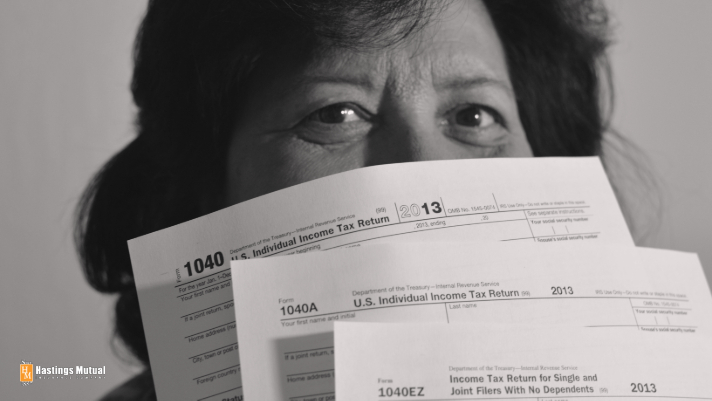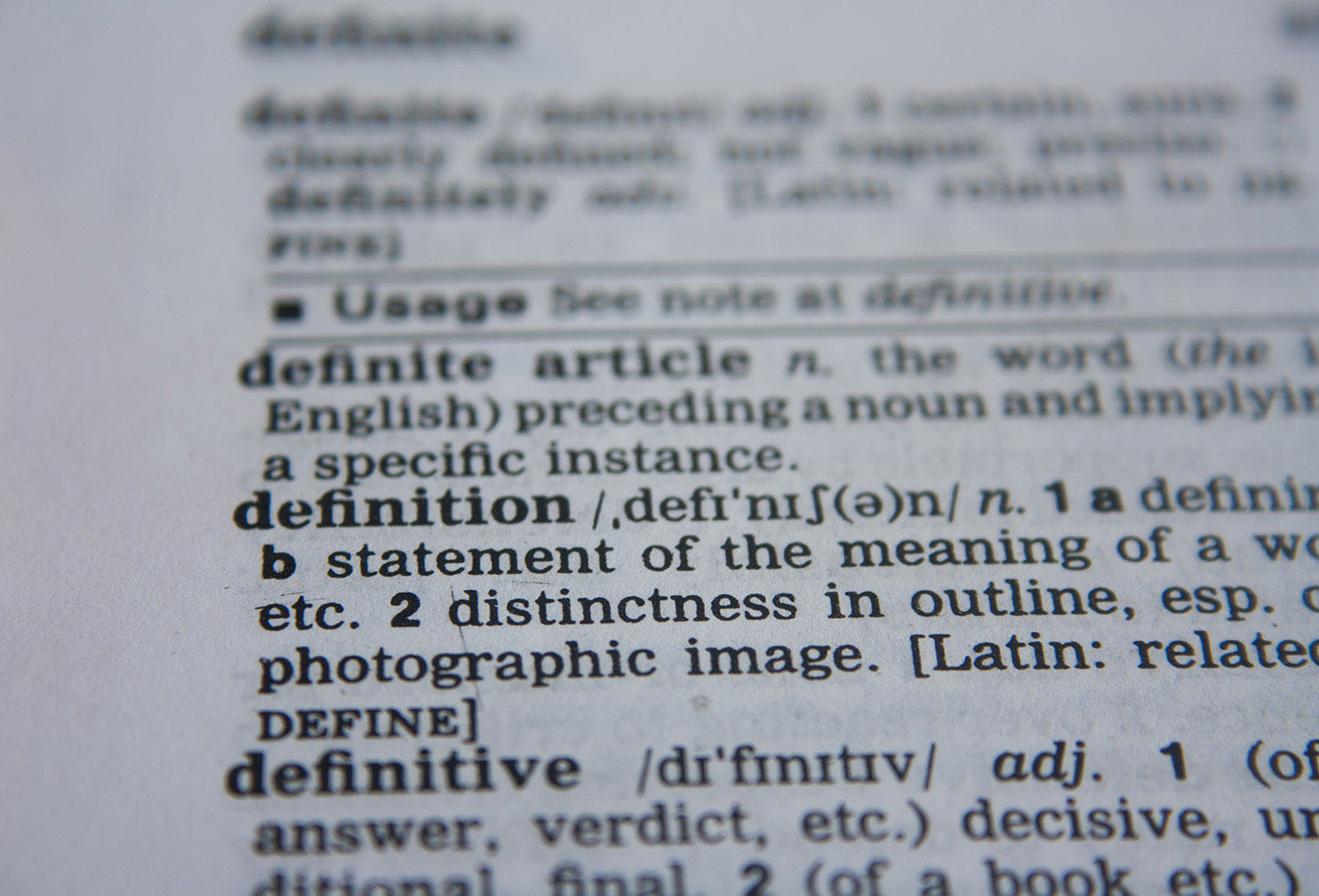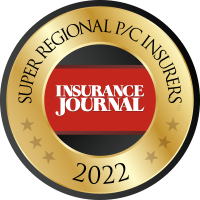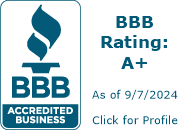Four Keys To Financial Safety
A few simple ways to keep your money secure, online and on paper.
According to financial advisory firm Javelin Strategy & Research, almost a third (30%) of all American consumers were notified their data had been breached at some time in 2017. A data breach is a type of electronic theft — hackers grabbing names, email addresses, phone numbers, bank account numbers, or other personal information.
Analysts say hackers use cutting edge technology to break into computer systems and gather lists of information. Companies, in turn, don’t have strong enough protection to ward off the hackers. People, too, need to know what to look out for to make sure they’re safe from identity theft. Here’s a few key factors to watch for:
1. Don’t carry your Social Security card with you
It’s a useful piece of information, but it’s also something that you don’t want just anyone to see. Keep your Social Security card in a safe place, and make sure you put it back there every time you take it out. Your Social Security number is only used by a few government agencies and businesses, and they will have disclosure text that states when you have to provide a Social Security number.
2. Keep computer firewalls and virus protection up to date
Firewalls and virus protection programs offer online security, a block between your computer, phone, or tablet and the internet. Nearly every computer comes with basic security software, and you can download several virus protection programs online for free (for your home computer; businesses need to purchase the software).
If you don’t change the settings on your security programs, they’ll probably automatically update, keeping you protected from the latest attacks. But don’t just “set it and forget it.” Take a little time to research antivirus programs, to make sure the one you’re using is effective enough to keep hackers away. If not, download a better one and start using it instead. Don’t forget to uninstall the one that’s no longer getting the job done, so the two programs don’t conflict with one another.

3. Review your credit report once a year
Your credit report features your entire financial history, from mortgages and rent to credit cards and arrest record. Three companies — Equifax, Experian, and TransUnion — assemble the reports, and you’re legally permitted one free report from each company once per year. Treat them like you do a credit card statement: look at each entry and make sure it is what you’re expecting. If someone’s stolen your personal information and set up a new bank or store account for themselves, you’ll see it on the credit report.
4. Shred receipts, credit offers, and bank statements
Once you’re satisfied your accounts are accurate and secure, it’s time to get rid of the paperwork you no longer need. The Financial Industry Regulatory Authority has a few suggestions:
- Tax-related records (including returns and receipts mentioned on a return): 7 years
- Property records (home purchase records, and invoices for home improvements): 6 years
- Bank account statements and paycheck stubs: You can delete them at the end of the year you received them — they should all be accessible any time online.
- Credit card statements, bills, and ordinary receipts: Don’t save them, shred them as soon as you’re done paying off the credit card, or paying the bills.
Related Blog Posts
-
 Insurance 101 – Key Terms
Insurance 101 – Key Terms
Here’s a little dictionary of some of the most common terms you’ll see and hear when working with Hastings Mutual.
-
 How To Read Your Policy
How To Read Your Policy
Here's what you need to look for to learn more about your insurance policy.
-
 How To Protect Your Credit Card From Hackers
How To Protect Your Credit Card From Hackers
It’s a popular new insurance coverage great for business of almost any size.
Hastings Insurance Company
404 E. Woodlawn Ave.
Hastings, MI 49058
Monday-Friday
8:00 a.m. - 4:30 p.m. (EST)
(800) 442-8277
Terms of Use and Privacy Statement© Hastings Insurance Company. All rights reserved.



